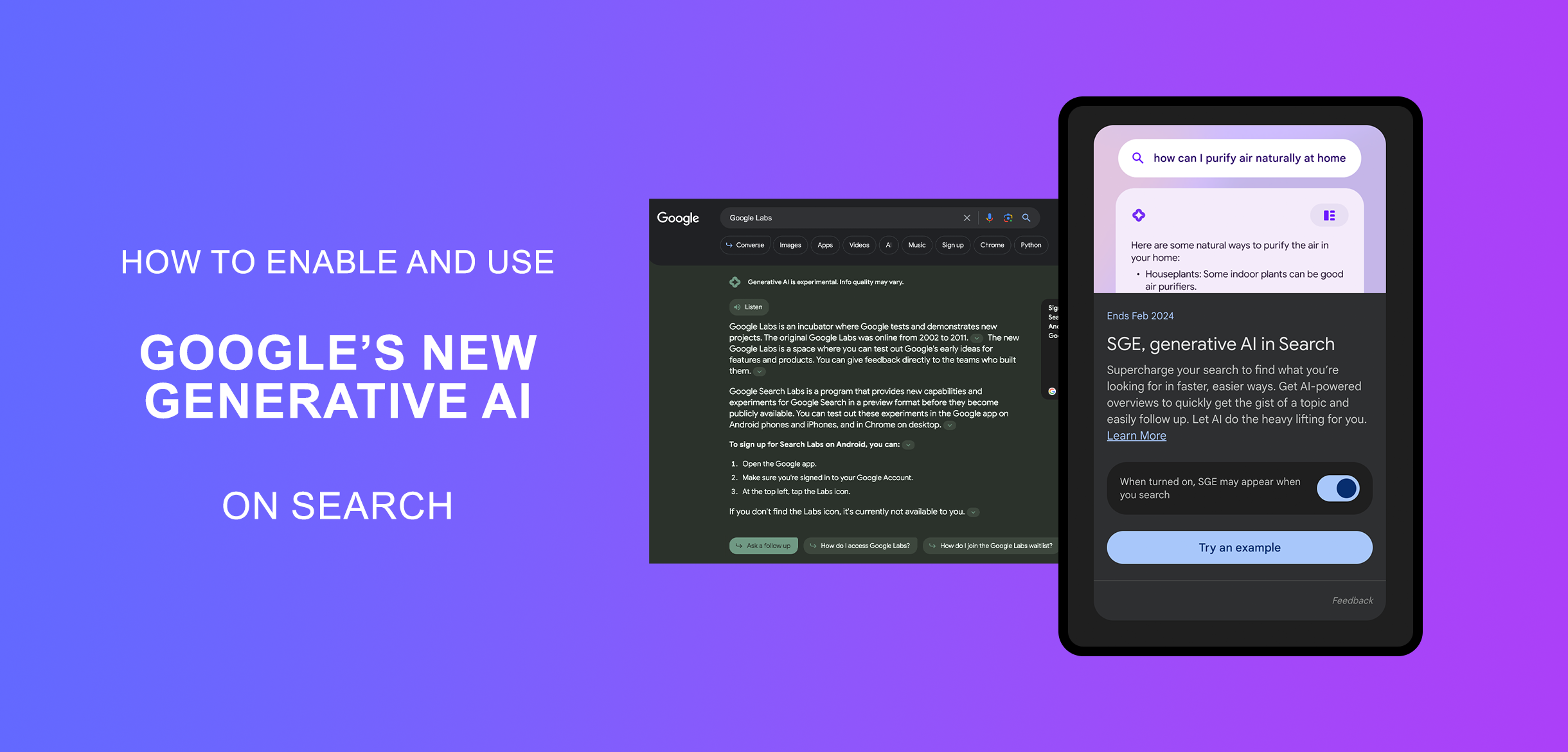AI-based search algorithms are redefining how users interact with search engines and, consequently, how websites rank on search results. Google’s BERT and MUM, and similar AI advancements from Bing, are shifting focus towards understanding context, intent, and nuanced meaning, rather than simply matching keywords. To remain competitive, website owners need to adopt SEO strategies that align with these sophisticated search models. This guide will explore practical steps to make your website AI-ready.
Prioritize Quality Content and Intent Matching
AI algorithms are increasingly skilled at analyzing content for relevance, meaning, and user intent. To meet these standards:
- Create Value-Driven Content: Focus on delivering content that satisfies the actual needs of your audience. This means answering questions comprehensively, addressing concerns, and providing unique insights.
- Focus on Search Intent: AI algorithms excel at determining search intent—informational, transactional, navigational, or commercial. Tailor your content to align with these intents, ensuring each page serves a clear purpose that matches the likely intent of your users.
- Optimize for Conversational Queries: As AI improves at processing natural language, queries are becoming more conversational. Use long-tail keywords and phrases that reflect how users might naturally ask questions or seek information.
Optimize for Semantic Search
AI-based search engines look for context, not just keywords. Semantic search is about understanding the relationships between words, phrases, and topics.
- Use Topic Clusters and Pillar Pages: Organize your content into clusters around core topics. A well-structured pillar page links to multiple pages within the same topic, establishing clear connections between related content. This helps AI algorithms understand the breadth and depth of your expertise.
- Include Synonyms and Related Terms: Expand on your primary keywords by including synonyms and related terms. This increases the likelihood that AI algorithms recognize the variety of ways a topic can be discussed, enhancing your page’s relevance across similar searches.
Improve User Experience (UX)
AI algorithms are designed to reward websites that provide positive user experiences. UX signals such as bounce rate, time on page, and interaction rates can directly impact rankings.
- Optimize Page Load Speed: A fast-loading website is essential for retaining visitors. Use tools like Google PageSpeed Insights to identify and fix speed issues.
- Make Your Site Mobile-Friendly: With mobile usage higher than ever, ensure that your website is responsive and easy to navigate on smartphones and tablets.
- Use Clear and Engaging Visuals: AI algorithms also evaluate images and videos, so ensure all visuals are high-quality, relevant, and optimized for web performance.
Utilize Structured Data for Enhanced Visibility
Structured data, or schema markup, helps search engines understand the content on your site and display it more effectively in search results.
- Add Schema Markup to Key Pages: Implement schema types like Article, FAQ, Product, Event, and Local Business on your relevant pages. This makes it easier for AI-based algorithms to extract important details about your offerings.
- Use Rich Snippets to Your Advantage: Structured data can enhance your listings with rich snippets, such as ratings, product prices, or event dates. These snippets improve visibility and can increase click-through rates.
Embrace Visual and Voice Search Optimization
AI is also expanding the capabilities of voice and visual search, making it essential to optimize for these modalities.
- Optimize for Voice Search: Voice searches are often longer and more conversational. Focus on question-based keywords, provide concise answers, and structure content in a Q&A format to cater to voice-activated devices.
- Include Alt Text for Images: For visual search, ensure every image has descriptive, keyword-optimized alt text. AI algorithms use this information to interpret image content and relevance.
- Implement Video Content: AI is getting better at interpreting video, so consider adding video content with captions and transcripts for improved accessibility and engagement.
Regularly Audit and Update Your Content
AI-powered search engines value current and accurate information, so regular content updates are essential.
- Review and Refresh Old Content: Update outdated information, add new insights, and improve readability to ensure that older content stays relevant.
- Monitor Performance Metrics: Use Google Analytics or other tracking tools to observe how users interact with your content and identify areas for improvement. If engagement drops, it could indicate that content needs updating or better alignment with search intent.
Focus on E-E-A-T: Experience, Expertise, Authoritativeness, and Trustworthiness
Google’s E-E-A-T principles are more critical than ever, with AI assessing content for credibility and expertise.
- Showcase Author Expertise: Include author bios that highlight qualifications, experiences, and credentials to boost credibility.
- Ensure Security and Privacy Compliance: Implement SSL certificates, data protection measures, and transparent privacy policies to convey trustworthiness.
Conclusion
As AI-powered search algorithms continue to evolve, websites must prioritize quality content, user-centric design, and contextually relevant optimization strategies. By embracing these changes, you’ll not only improve your search rankings but also provide a more satisfying experience for your users, aligning your website with the expectations of an AI-driven world.



